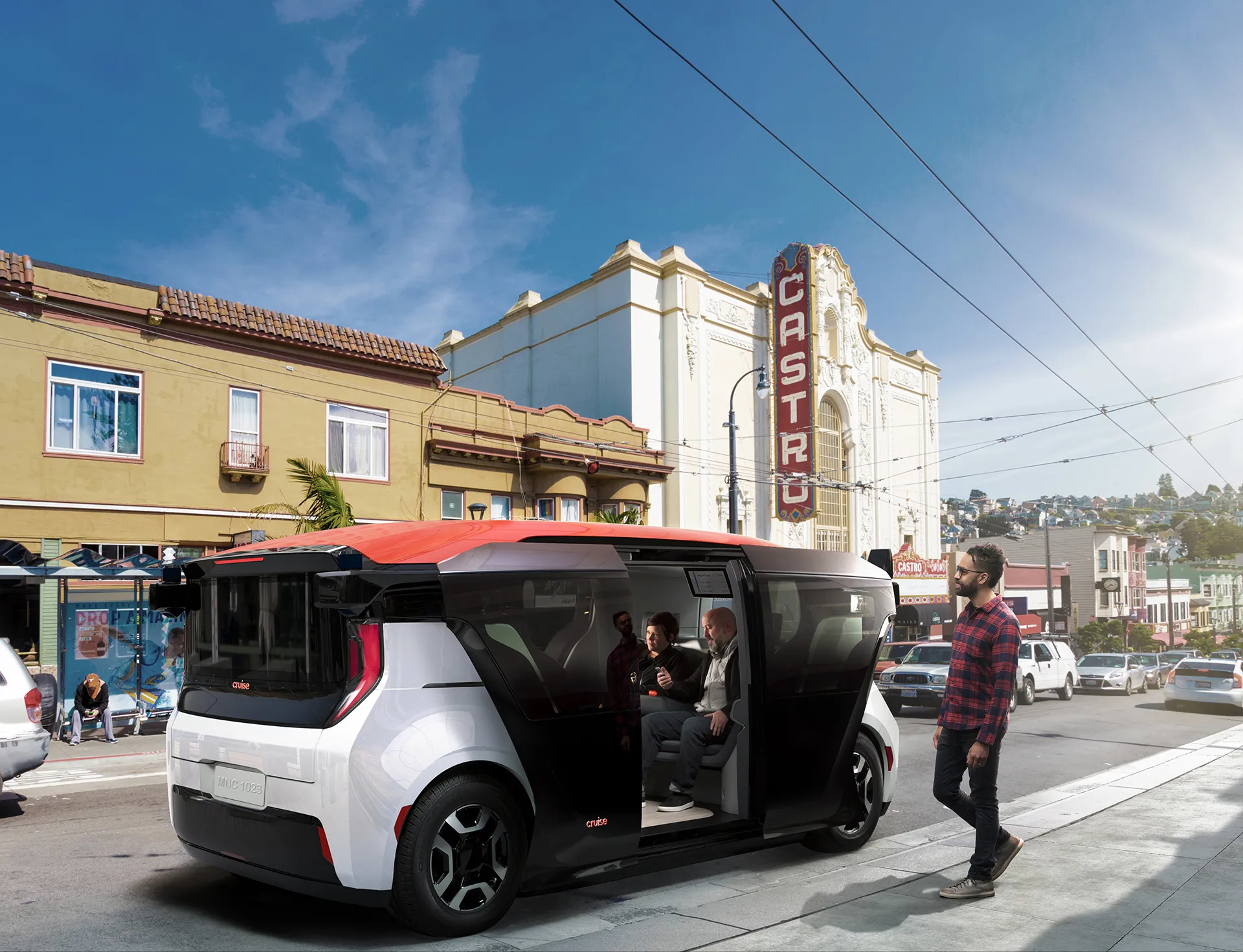Neuron EV has launched a smart transportation shuttle called Hub which it says integrates renewable energy, telecommunications and cloud computing for ease of mobility.
The firm claims Hub can operate as an autonomous ride-sharing service or as an emergency vehicle.
For ride-sharing, the six-seated electric vehicle (EV) can run autonomously within a five-mile radius. The input or scan of a blockchain ID allows a Hub service to operate without reservations while traffic detection software directs the
May 16, 2019
Read time: 1 min
Neuron EV has launched a smart transportation shuttle called Hub which it says integrates renewable energy, telecommunications and cloud computing for ease of mobility.
The firm claims Hub can operate as an autonomous ride-sharing service or as an emergency vehicle.
For ride-sharing, the six-seated electric vehicle (EV) can run autonomously within a five-mile radius. The input or scan of a blockchain ID allows a Hub service to operate without reservations while traffic detection software directs the vehicle to areas with high demand, the company adds.
According to Neuron EV, Hub’s platform rides low for a stable centre of gravity and enables efficient induction charging. A galvanised exterior provides secondary charging capability by solar power.
A user can locate a Hub via GPS through a smart device or visit a nearby Hub station.










